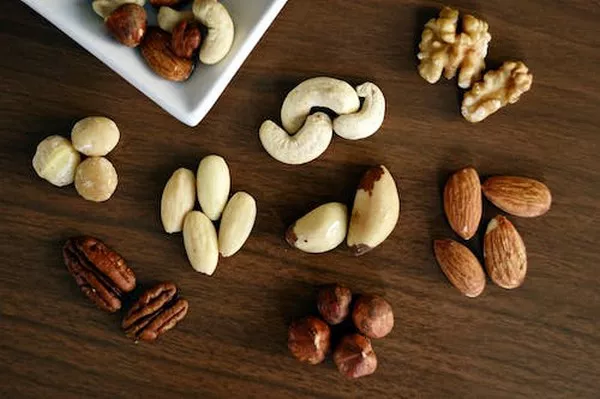Losing weight is a common goal for many people, but it can be challenging to know what foods to avoid. With so much conflicting information available online and in the media, it can be difficult to navigate the world of weight loss and nutrition. However, there are some foods that are universally recognized as being detrimental to weight loss efforts. In this article, we will explore what not to eat when trying to lose weight.
Processed Foods: The Enemy of Weight Loss
One of the most significant culprits sabotaging any weight loss goals is processed food. Processed foods are often high in calories, fat, sugar, salt, and refined carbohydrates. They lack essential nutrients like fiber, vitamins, and minerals. These foods can also cause spikes in blood sugar levels, leading to cravings and overeating. Some examples of processed foods include chips, candy, baked goods, instant noodles, and fast food meals.
Sugary Drinks: A Hidden Source of Calories
Many people don’t realize the number of calories they consume from sugary drinks. Sodas, energy drinks, sports drinks, and fruit juices are often packed with added sugars and offer little nutritional value. Consuming these beverages regularly can lead to weight gain and chronic conditions such as diabetes and heart disease. It’s essential to drink water instead of sugary drinks to help reduce calorie intake and improve overall health.
High-Fat Foods: A Recipe for Weight Gain
Eating too much fat can also contribute to weight gain. While healthy fats, such as those found in fish, avocado, and nuts, are essential for good health, consuming too much saturated and trans fat can increase the risk of heart disease and obesity. High-fat foods such as fried foods, butter, cheese, and fatty meats should be avoided or consumed in moderation when trying to lose weight.
White Bread and Pasta: Refined Carbohydrates to Avoid
Refined carbohydrates, such as white bread, pasta, and rice, can also hinder weight loss efforts. These foods are often stripped of their fiber and nutrients, leaving behind a product that is easily digestible but doesn’t keep us feeling full for long. This leads to overeating and spikes in blood sugar levels. Instead, opt for whole-grain alternatives like brown rice, quinoa, and whole-grain bread.
Processed Meats: High in Calories and Sodium
Processed meats such as hot dogs, deli meats, and bacon are often high in calories, saturated fat, and sodium. Eating too much processed meat has been linked to an increased risk of heart disease, cancer, and other chronic diseases. When trying to lose weight, it’s best to choose lean protein sources such as chicken, fish, tofu, and legumes.
Alcohol: A Surprising Source of Empty Calories
Many people don’t realize the number of calories they consume from alcohol. Alcoholic beverages are often high in calories and offer little nutritional value. Drinking too much alcohol can lead to weight gain and increase the risk of chronic diseases like liver disease and cancer. When trying to lose weight, it’s best to limit or eliminate alcohol consumption altogether.
Conclusion: Making Better Food Choices
Eating a healthy diet is essential for maintaining a healthy weight and reducing the risk of chronic diseases. While there is no one-size-fits-all approach to weight loss, avoiding the foods mentioned above can help improve your overall health and aid in weight loss efforts. It’s important to focus on consuming nutrient-dense foods that provide essential vitamins, minerals, and fiber. Making small changes to your diet, such as swapping processed foods for whole foods, can make a significant impact on your overall health and well-being. Remember, every food choice counts, so choose wisely.
Related topics:


